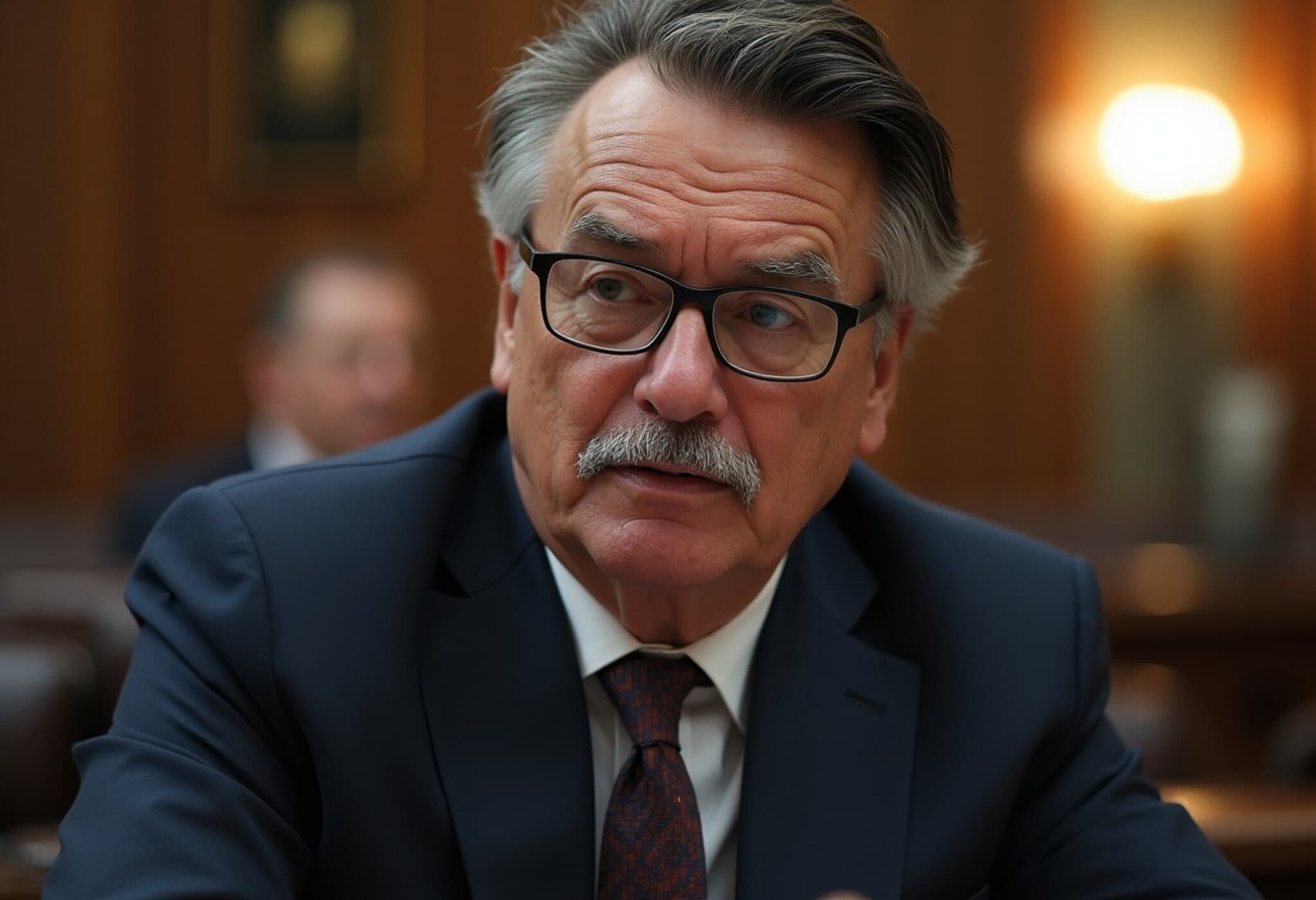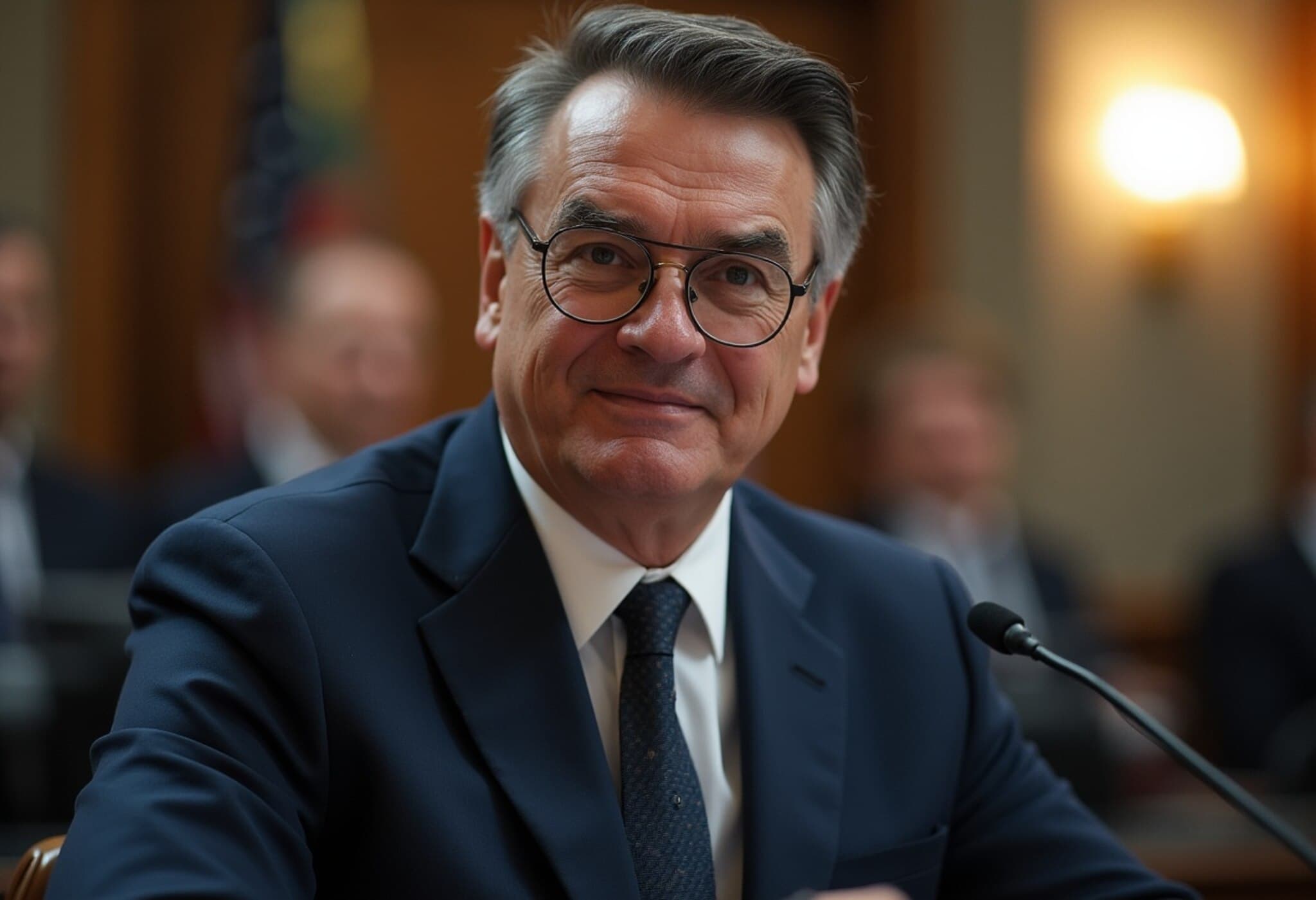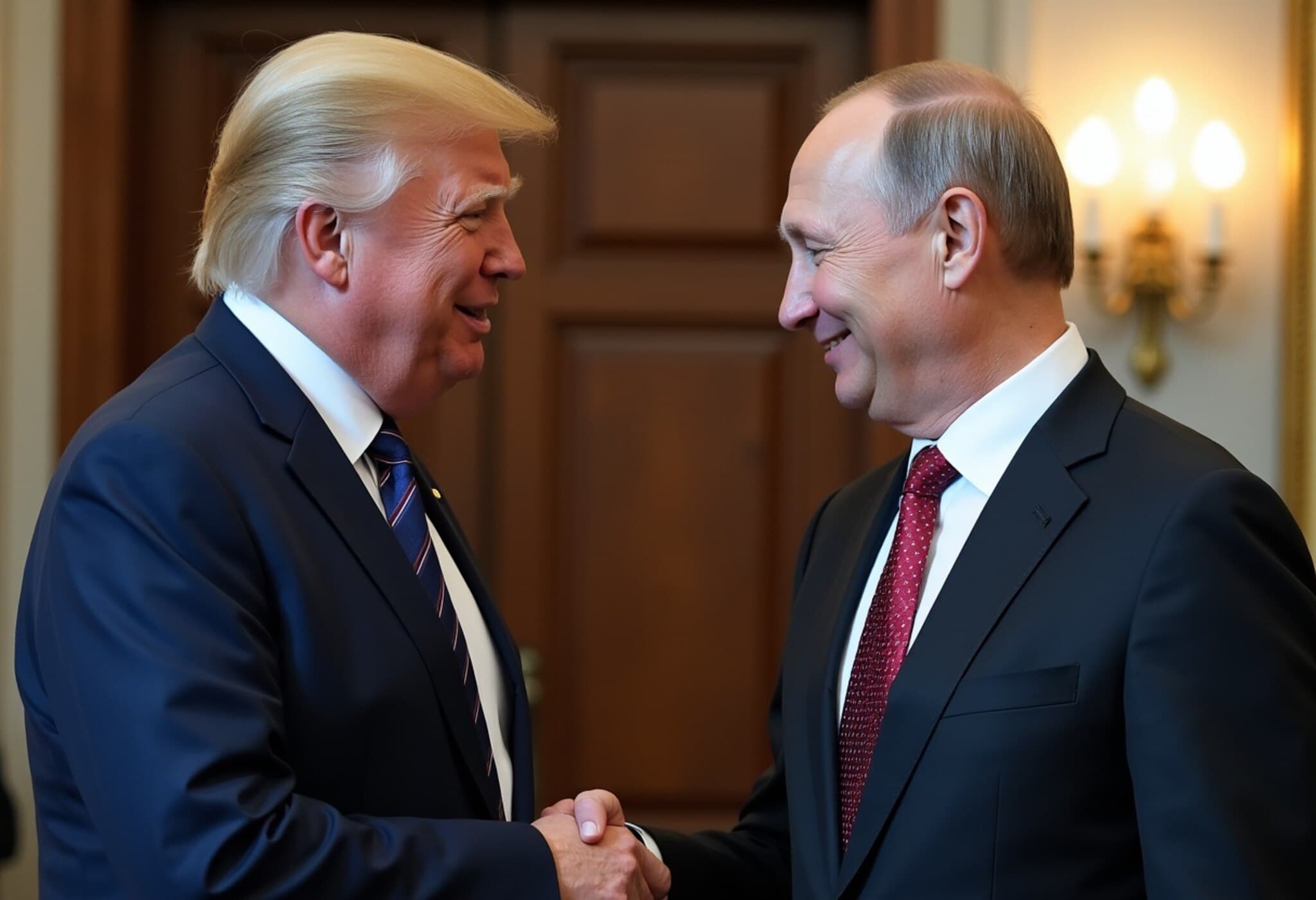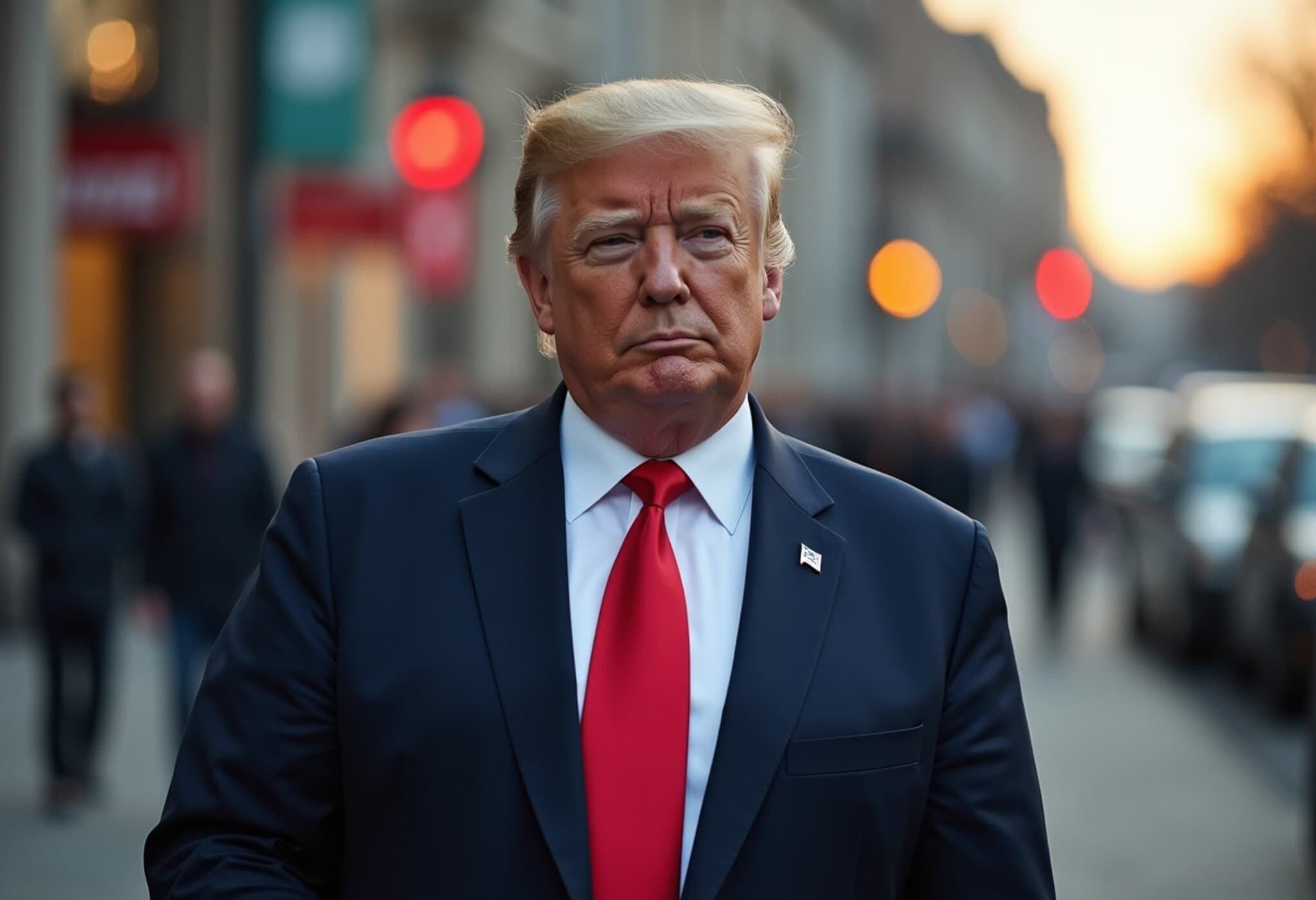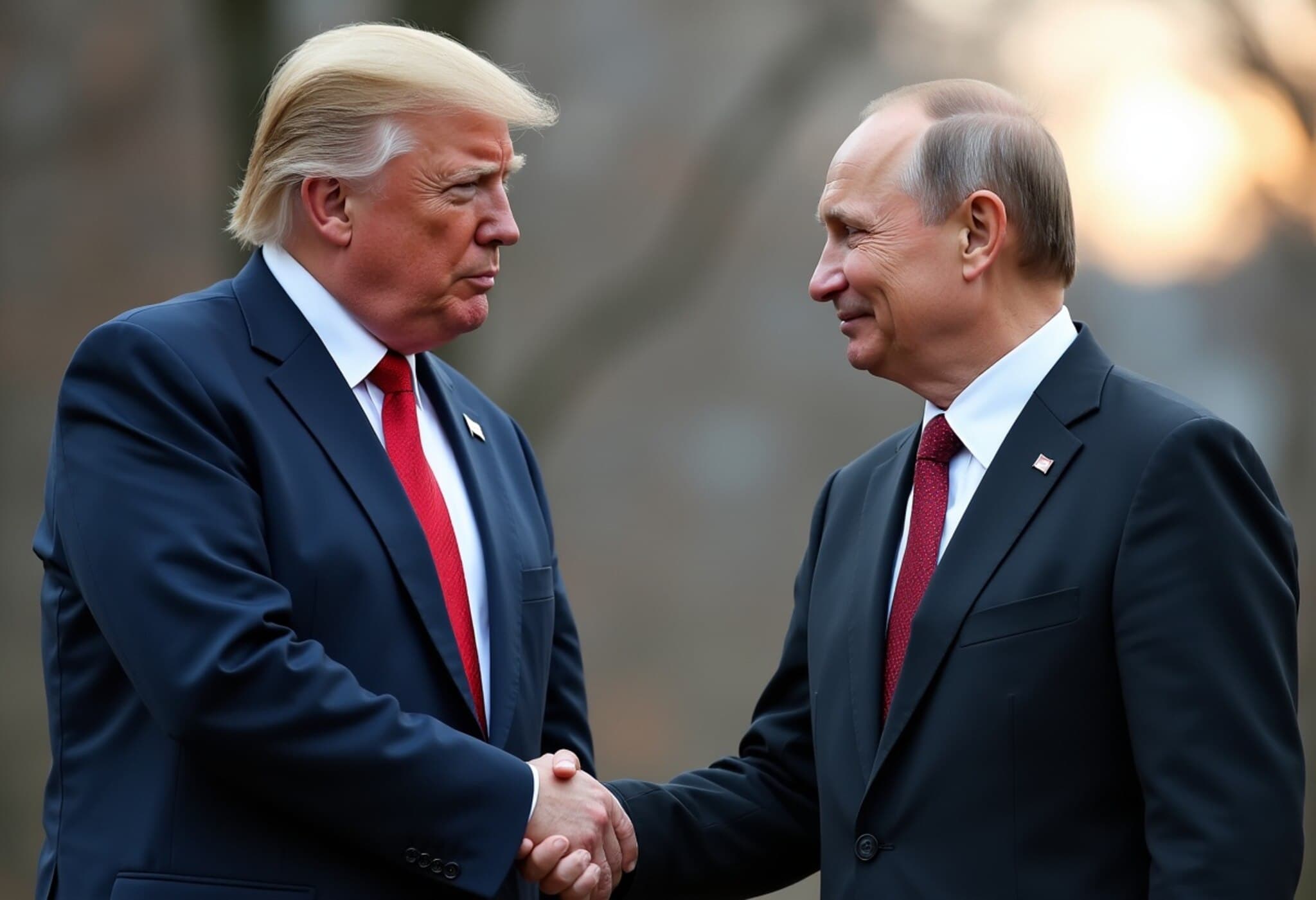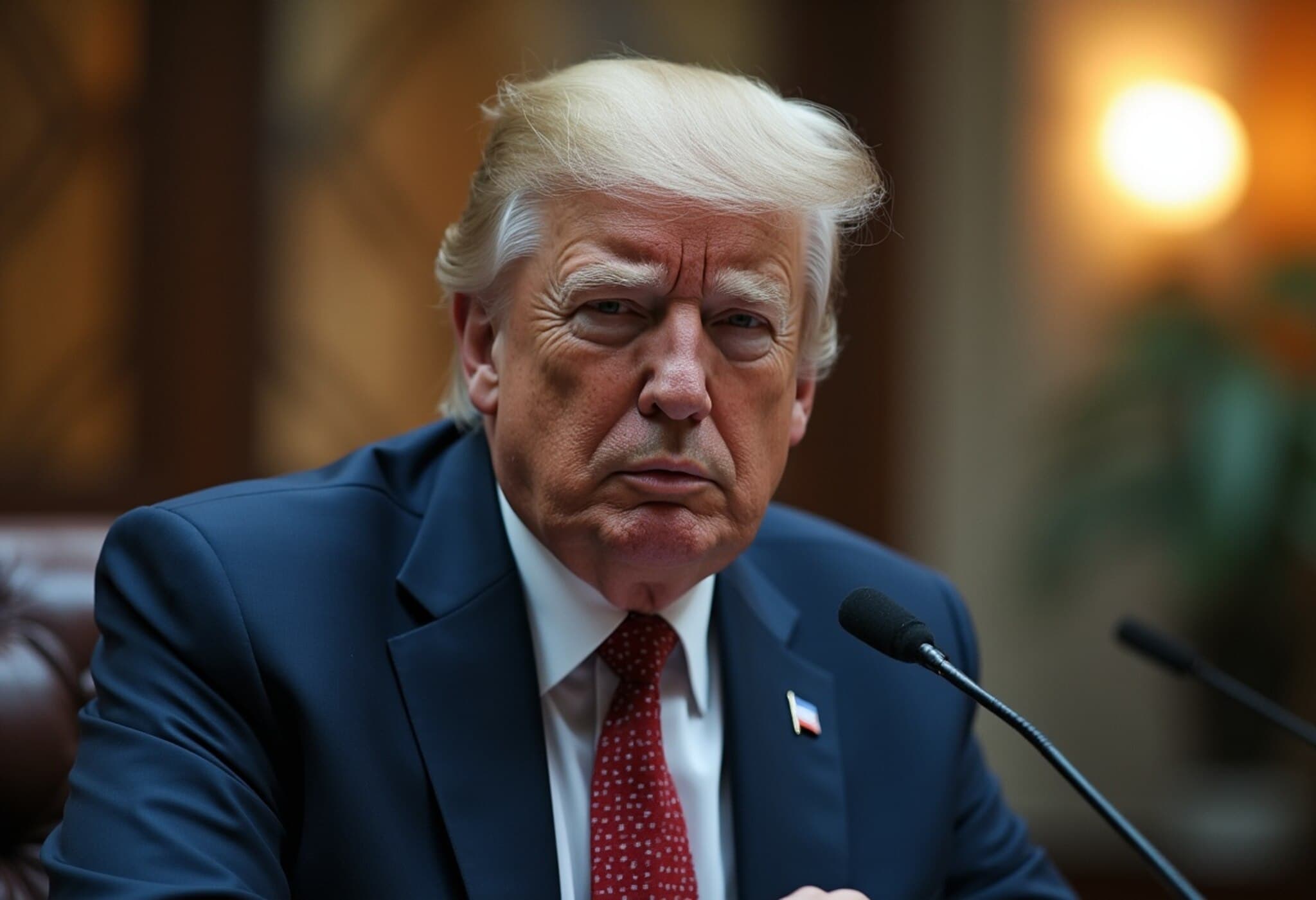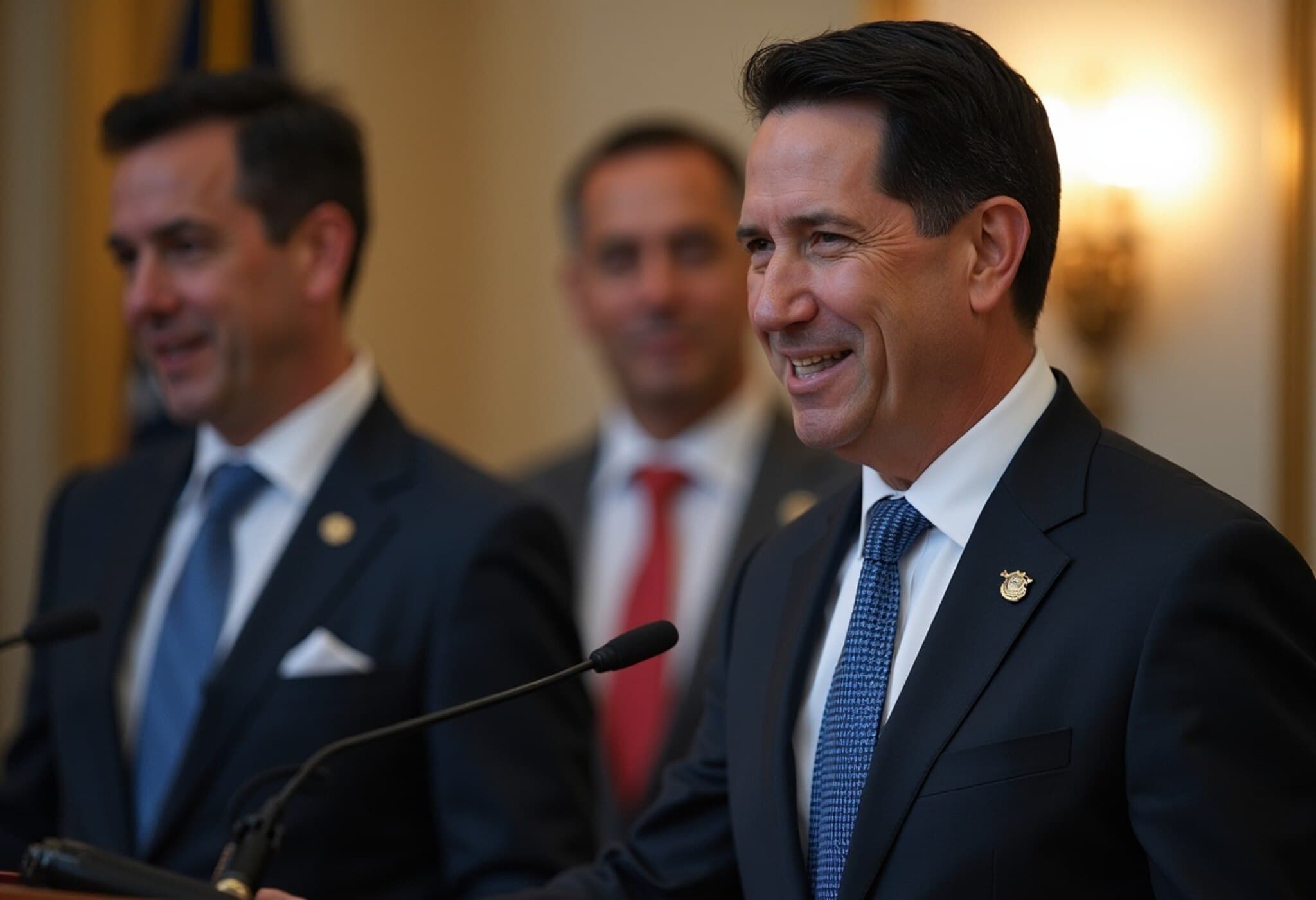Brazil Faces Heightened Tensions as Bolsonaro’s Coup Trial Unfolds
Brazil stands at a critical crossroads as its Supreme Court deliberates the fate of former President Jair Bolsonaro, who faces grave accusations of orchestrating a coup attempt following his 2022 election defeat. This trial, which has gripped the nation’s political and judicial spheres, extends beyond Brazil’s borders—raising the specter of further economic sanctions from the United States under former President Donald Trump’s influence.
The Trial and Its Political Ramifications
Jair Bolsonaro, a polarizing figure who has long enjoyed staunch support from right-wing populists worldwide, is charged with masterminding a wide-reaching conspiracy to retain power illegally. Brazilian judicial insiders suggest a likely conviction, with the trial anticipated to conclude imminently. Such an outcome is not merely a domestic judicial event; it signals potentially volatile diplomatic repercussions.
Trump’s Response: From Rhetoric to Sanctions
Former U.S. President Donald Trump has vehemently criticized the charges against Bolsonaro, dismissing them as a "witch hunt" designed to politically undermine a key ally. Under his rubric, the U.S. has already imposed hefty tariffs—amounting to a striking 50% hike—on Brazilian goods and signaled intentions to expand sanctions targeting both Brazil’s Supreme Court members and critical financial institutions. Sources within the Brazilian government, speaking on the condition of anonymity due to the sensitivity of the matter, reveal growing concerns about deeper punitive measures aimed at curtailing Brazil’s judicial sovereignty.
Brazil’s Strategic Legal Defense and Government Response
In direct response to the escalating tension, Brazil’s Attorney General recently engaged the prominent U.S.-based law firm Arnold & Porter Kaye Scholer to safeguard national interests and challenge potential sanctions in American legal forums. Although the law firm has abstained from public comments, the move underscores the seriousness with which Brazil views the threat of economic retaliation.
Meanwhile, Brazil’s Finance Minister Fernando Haddad publicly downplayed fears of additional sanctions, emphasizing the government’s commitment to protecting Brazil’s sovereignty against what he characterized as unsolicited aggression. "Our priority is to mitigate the impact of the sanctions already imposed," Haddad stated, highlighting the resilience efforts underway within economic and diplomatic circuits.
Contextual Insight: The Wider Implications
This unfolding saga highlights a critical junction where judicial independence, international diplomacy, and populist politics collide. Brazil’s struggle reflects a broader global narrative where rising authoritarian tendencies in governance meet rigorous legal frameworks—and where external geopolitical forces can sway domestic affairs through economic pressure.
From an American perspective, leveraging trade measures and sanctions serves as a blunt instrument to influence foreign judicial outcomes, raising profound questions about sovereignty and the rule of law in a globalized economy. For Brazil, the stakes include not only the verdict on Bolsonaro but also the enduring integrity of its democratic institutions amid external coercion.
Underreported Perspectives
- The Human Element: How do Brazilians, especially marginalized communities, perceive these heightened U.S.-Brazil tensions amid domestic political turmoil?
- Market Stability: What are the likely repercussions on Latin American financial markets and investment flows if sanctions deepen?
- Judicial Precedent: How might Bolsonaro’s trial influence future legal actions against high-profile political figures in the Americas?
Looking Ahead
As next week’s verdict looms, Brazil’s balancing act between asserting judicial autonomy and managing an escalating trade war unfolds as a cautionary tale for democracies worldwide. Observers must watch not only the court’s ruling but also the evolving nature of international diplomatic leverage through economic means.
Editor’s Note
The intersection of law and geopolitics in Brazil's Bolsonaro trial offers a unique lens on the fragility of democratic institutions when entangled with populist populism and foreign pressure. Readers are encouraged to consider how global powers may reshape national sovereignty through economic tools—raising pressing questions about the future of international relations and justice in politically charged environments.

